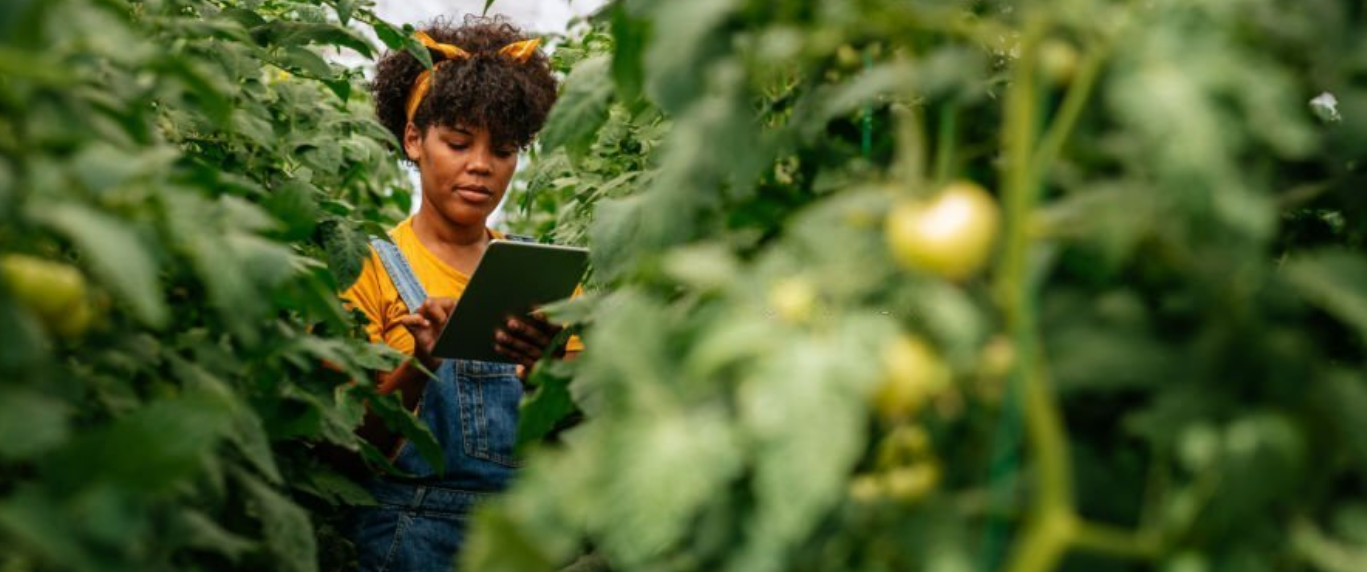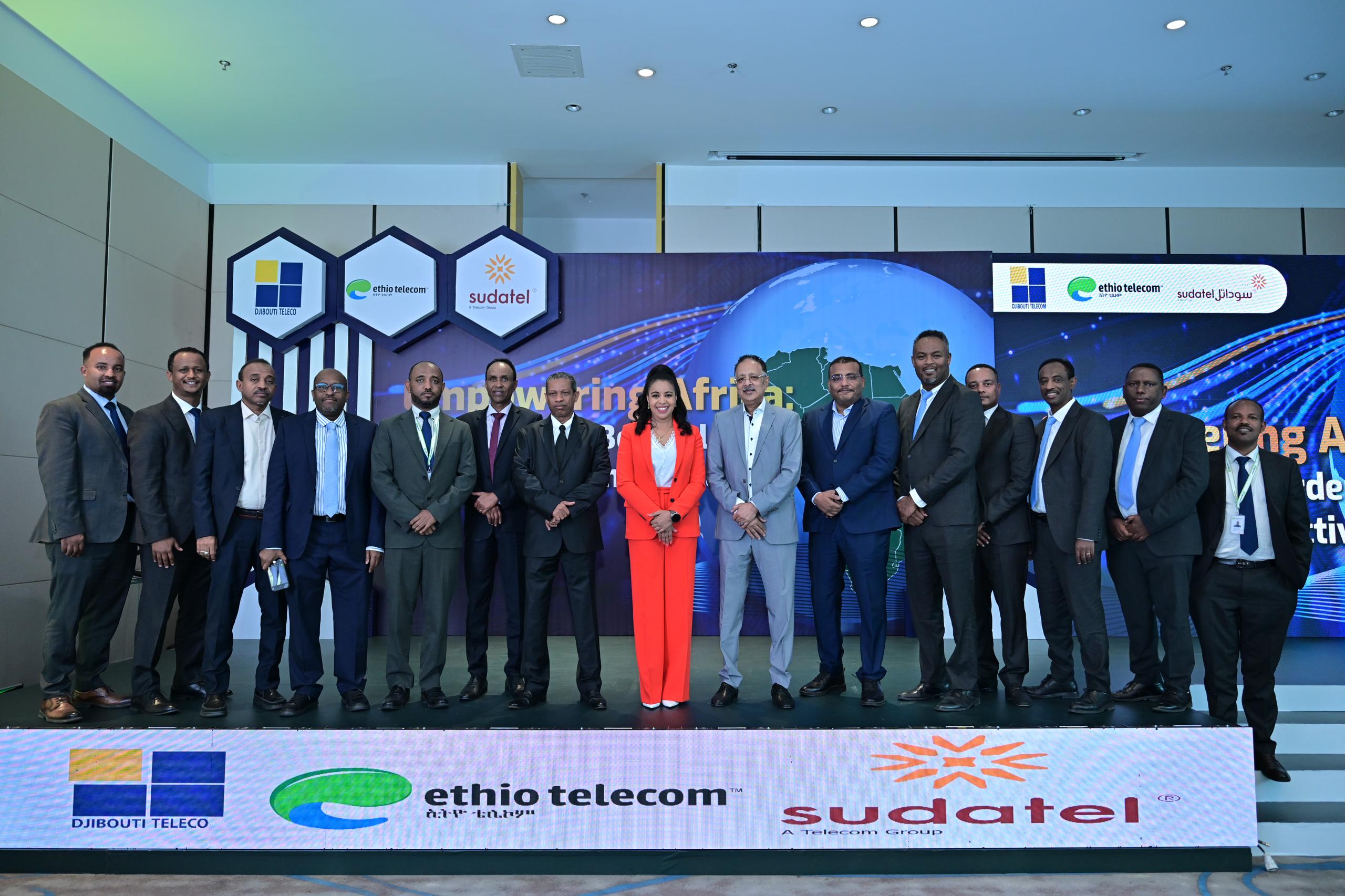Equator Africa Fund has received $5 million from Proparco to invest in startups addressing climate challenges across Africa.
Proparco made the investment, through the FISEA+ facility to supporting early-stage African start-ups with innovative solutions to address climate challenges across sub-Saharan Africa.
According to Fabrice Perez, head of the Venture Capital Division at Proparco: “Through this investment, we aim to support ventures addressing the urgent climate challenges in sub-Saharan Africa.”
Equator invests in climate tech ventures that focus on three sectors crucial to Africa’s climate transition: energy, agriculture, and mobility with a mission to tackle the significant climate challenges due to fast-growing populations.
The African continent faces pressing climate challenges that threaten food security and economic stability, with projections indicating that 39 million Africans could face chronic hunger by 2050 due to climate-related impacts. In this context, Equator focuses on supporting start-ups engaged in energy solutions like grid interconnections and renewable energy, sustainable agricultural practices, and innovations in electric mobility.
This investment qualifies for 40% to 60% climate co-benefits, and aligns with Proparco’s strategic pillars of increasing access to economic opportunities and investing in climate initiatives, as affirmed in its 2023 to 2027 objectives. Proparco’s investment via FISEA+ reflects its commitment to foster economic growth through environmentally sustainable initiatives.
Nijhad Jamal, Managing Partner at Equator, said, “We are extremely proud to have Proparco participate in our fund and to join Equator’s mission to provide much-needed capital and active hands-on support to early-stage climate-tech ventures at a critical juncture in their start-up journey. In addition to partnering with Equator, Proparco is uniquely positioned to provide expertise, networks and capital directly to our portfolio companies as they scale across the region.”
This new investment will support climate-driven solutions in energy, agriculture, and mobility, allowing Equator to participate in efforts to bridge the gap in climate investment, by providing the resources needed to address Africa’s climate resilience while unlocking its vast economic potential.
In October, 2024 IFC announced a $5 million investment in Equator Africa Fund I, marking its first-ever investment in a venture capital fund entirely focused on supporting businesses and innovation in the climate sector.
IFC’s investment of $5 million comes as part of the fund’s final close, taking its size to $54 million. IFC’s investment is supported by a $1.5 million guarantee from the Korea Green Resilient and Innovative Development (K-GRID) Program, a $30 million initiative by the Government of Korea to support IFC projects that help reduce or avoid greenhouse gas emissions and facilitate the development and commercialization of technologies to improve climate mitigation.
The fund’s primary geographic focus is expected to be Kenya and Nigeria, but it has invested in companies with operations across the continent, including in Côte D’Ivoire, Ghana, Madagascar, Senegal, Sierra Leone, South Africa and Zambia.
The fund has already invested in six companies including SunCulture, which provides solar powered energy and irrigation systems to farmers; Roam, which designs and develops EV motorbikes and electric buses; Odyssey, a data and tech platform for investment and asset management for distributed renewable energy infrastructure; Apollo Agriculture, which provides input financing and advisory services to smallholder farmers; Ibisa, which provides parametric insurance products for climate risks; and Downforce Technologies, which makes soil organic carbon measurement technology accessible and affordable.
Other notable limited partners in the fund include British International Investment (BII), the Global Energy Alliance for People and Planet (GEAPP), Shell Foundation, DOEN Participaties, and Proparco who made a $40 million investment into Equator in 2023.


